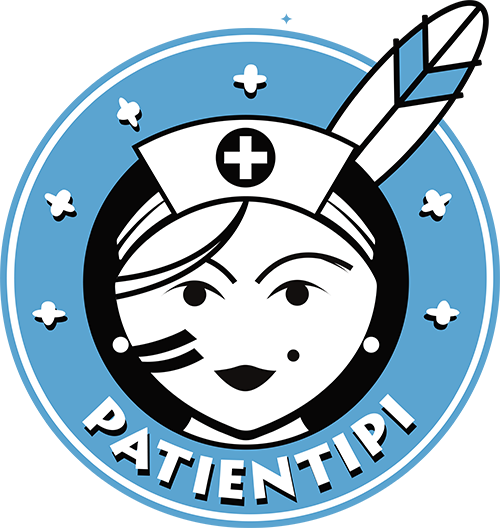Dear colleagues, you are welcoming a patient from Canada.
Here is a list of useful information to know in the context of his medical care.
General Information
Distance from Paris Ottawa: 5 651 km
36.9 million inhabitants / Average salary: $4,248 per month
Literacy rate: 100% / Life expectancy: 81.9 years
Spoken languages : English and French
● 98% of care costs are covered by public funding.
● Nevertheless, psychiatric care, dental care, out-of-hospital prescription drugs, and home care for chronically dependent patients are only minimally covered.
● Family physicians are rare in Canada. It is common to go to a walk-in clinic for a consultation.
● The Canadian health care system is marked by difficulties in accessing regular care and scheduled interventions.
● There are only 2.2 practicing physicians per 1,000 inhabitants in Canada today, compared to 3.4 in France.
● Patients often have to be referred and then pass a medical questionnaire to access a list of a city doctor.
● The most common pathologies are: Covid-19, hepatitis, rabies, Zika and measles.
Communication

● 67% of Canadians speak English, 13% speak French and 17% speak both languages.
● Canadian culture emphasizes the concept of “fairness.”
● Apologizing is a way to address situations in which real or perceived conflict has arisen.
Beliefs, Practices & Rituals

● The Canadian population is predominantly divided between Catholics and Protestants.
Dietary Habits

● Poor nutrition is the number one risk of death and the second highest risk of disability in Canada.
● To help its population make good food choices, the government publishes “Canada’s Food Guide”, an educational document available in 9 languages.
● The last few years have marked a shift in the eating habits of Canadians: lunch was generally eaten “on the go” (30-minute break on average).
Pregnancy and motherhood

This section is not yet filled in. Feel free to propose your contribution, respecting the principle of neutrality and citing your sources if necessary. Thank you for your contribution!
End-of-life care

● Catholic Canadians may want a priest to anoint the sick when they are dying. Protestant Canadians might want a minister or church members to visit the patient.
● Catholics see death as the passage from this life to eternal life in heaven.
● Life-extending treatments may be more difficult to accept if they cause great fatigue and if attempts to preserve life seem futile.
● Euthanasia, or medical aid in dying, is possible in some cases in Canada, but is rarely considered. Pain medication may be offered as long as the intention is to provide comfort.
● In Canada, consent for organ donation is explicit. Individuals can make their choice to become a donor known, through a registry, health insurance card or driver’s license. When the choice has not been expressed, the family can decide.
Examples of Cases Encountered
This section allows us to share real-life experiences. Please feel free to share yours with the community.
This section allows us to share real life experiences. Feel free to share yours with the community.
● Cleveland Clinic – Diversity toolkit
● Canada.ca – Medical aid in dying
● Cairn.info : The health care system in Canada
● Wikipedia.fr
